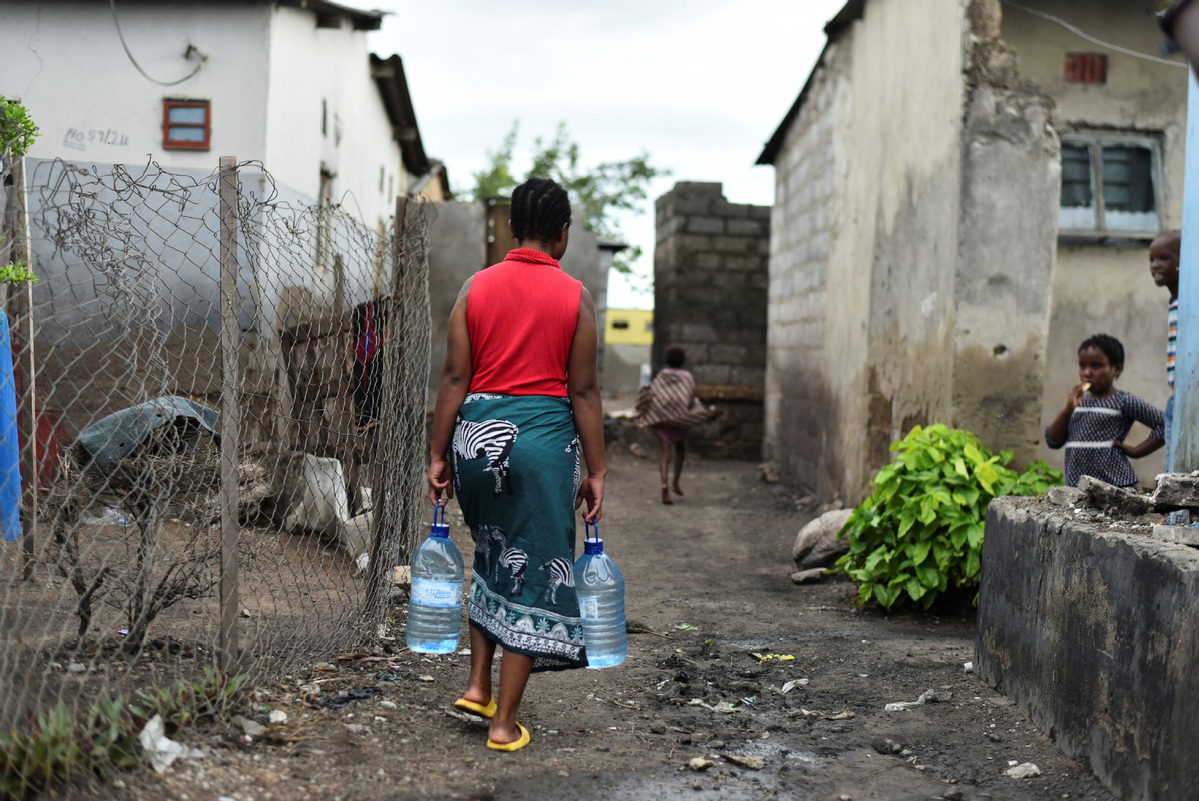Zambia's cholera crisis worst in 20 years


The cholera outbreak in Zambia, the worst in 20 years, continues to spread and shows no sign of abating.
To date, more than 15,000 cholera cases and over 570 deaths have been reported since it started in October, with an alarming fatality rate of 4 percent, the World Health Organization said.
The transmission of cholera has been aggravated by challenges in water supply and sanitation, including flooding, shallow wells, and difficulties in accessing clean water, said the United Nations Office for the Coordination of Humanitarian Affairs, or OCHA.
Reopening of schools after the Christmas holiday has been delayed for five weeks until Feb 12 because of the deadly outbreak.
National Heroes Stadium, the largest soccer facility in the capital Lusaka, has been converted into a cholera treatment center, receiving patients from across the country.
The current vaccination campaign targets children, health workers and people at high risk of infection in the worst affected areas.
The government, together with nonprofits, is working on providing clean water to affected people.
Martin Griffiths, emergency relief coordinator of OCHA, allocated $2.5 million on Monday from the Central Emergency Response Fund to support the response to the cholera outbreak in Zambia.
"The outbreak is spreading fast — an average of 400 new cases are reported daily," he said.
Last week, the Africa Centres for Disease Control and Prevention, through its Southern Africa Regional Coordination Centre, said it had deployed 15 technical assistance officers to support the affected areas.
Cholera outbreaks are also affecting several eastern and southeastern African countries, because of the warm weather and abnormally heavy rains and storms.
Somalia is now confronted with a cholera outbreak, which is "rapidly spreading" across multiple areas within the country, Stephane Dujarric, the spokesman for UN Secretary-General Antonio Guterres, said.
Zimbabwe has been grappling with cholera outbreak for one year, recording more than 20,000 cases and over 400 deaths, with Manicaland and Harare being the hardest-hit provinces accounting for 64 percent of all cases, according to the UN Children's Fund.
South Africa also reported imported cases.
Xinhua contributed to this story.

































